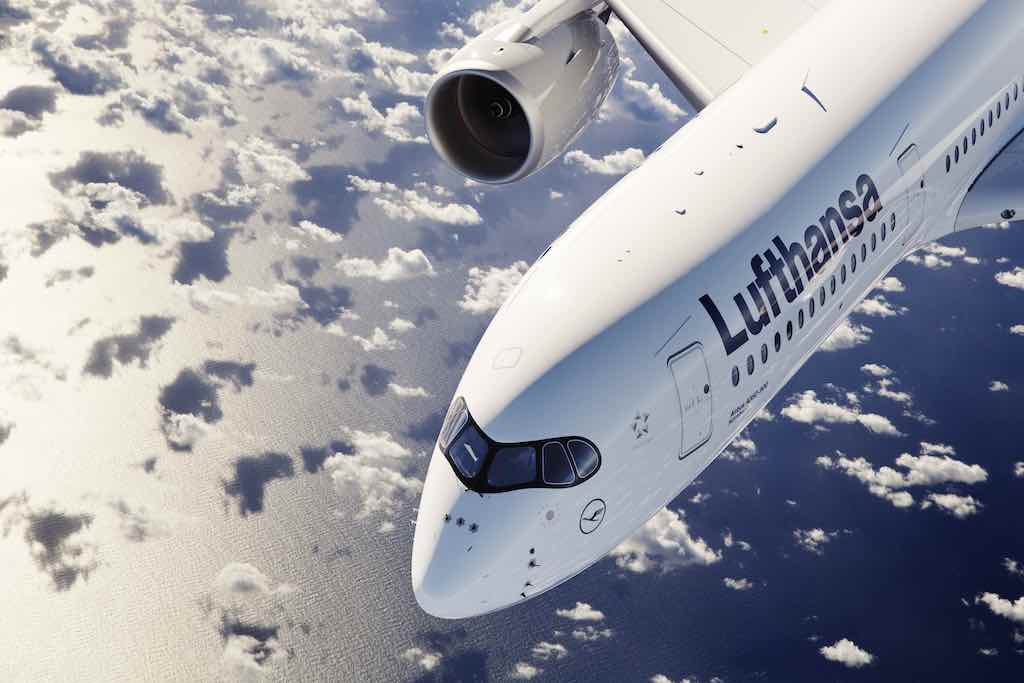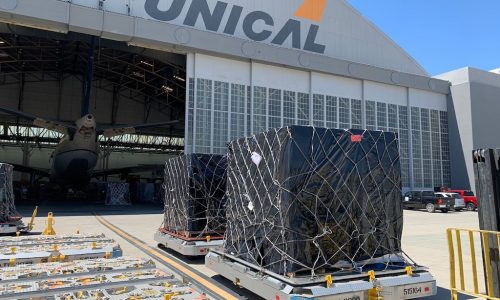- Significantly lower air traffic recovery than what was expected in summer
- Further reductions in fleet size and personnel
- The value of long-term parked aircraft and aircraft scheduled for grounding will be impaired by up to EUR 1.1 billion in the third quarter
- Operating cash flow to be reduced by EUR 100 million per month
The outlook for international air traffic has significantly worsened in recent weeks stated Lufthansa Group in an update.
“With the summer travel season coming to an end, passenger and booking figures are declining again, after slight signs of recovery were still evident in July and August.
“In view of these developments, the Executive Board of Deutsche Lufthansa AG approved the third package within the Group-wide “ReNew” restructuring program today and informed the Supervisory Board accordingly.”
In detail, the Executive Board adopted the following resolutions:
- The capacity outlook for the passenger airlines will be significantly revised; the previous assumption that an average production level of 50 percent of the previous year’s value would be reached in the fourth quarter of the year no longer seems realistic. If the current trend continues, the available seat kilometres will probably only be in a range between 20 and 30 percent, compared to the previous year.
- The medium term fleet planning will be adjusted and currently foresees a permanent, Group-wide capacity reduction of 150 aircraft by the middle of this decade (starting point is the Group fleet including wet-leased aircraft).
- In addition to the fleet changes already communicated, the following decisions have been made: After six Airbus A380s were finally taken out of service in the spring, the remaining eight A380s and ten A340-600s, which were previously intended for flight service, will be transferred to long-term storage and removed from planning. These aircraft will only be reactivated in the event of an unexpectedly rapid market recovery. In addition, the remaining seven Airbus A340-600s will be permanently decommissioned.
- The fleet decisions mentioned above will result in a further impairment of up to EUR 1.1 billion. The amount is expected to be accounted for in the third quarter of the current year.
- The previously announced personnel surplus amounting to 22,000 full-time positions will increase as a result of the decisions taken in regards to the third package within the restructuring program. The change in permanent staffing levels within flight operations will be further adjusted in regards to market development. The compensation and reduction of personnel surplus will be discussed with the responsible employee representatives.
- Irrespective of the negotiations on reconciliations of interests and social plans for redundancies within the Lufthansa Group, the Executive Board’s objective remains agreeing on crisis packages with the collective bargaining partners that limit the number of necessary redundancies.
- Despite the worsened outlook, the revised financial planning intends to further reduce cash outflows through strict cost management. The outflow of liquidity is to be reduced from currently around EUR 500 million per month to an average of EUR 400 million per month in winter 2020/21. The previously communicated Group target of returning to positive operating cash flows during 2021 will be reinforced.
- A streamlined management structure with a 20 percent reduction of management positions is to be implemented in the first quarter of 2021. To simplify and clearly define responsibilities, the functional process organization (matrix) will be focused on core functions of Lufthansa Group Airlines. For all other areas, a new management model with clearly assigned responsibilities (decentralized or centralized, depending on the process) will be introduced.
- The administrative office space will be reviewed worldwide and reduced by 30 percent in Germany.
In the Executive Board’s assessment, the continuing high level of uncertainty in global air traffic makes short-term adjustments to the current market situation unavoidable for the foreseeable future. The Board considers the expansion of corona tests prior to departure an essential prerequisite for the resumption of global mobility. Consistent testing is possible, increases safety for travellers and is a better alternative than changing inconsistent entry and quarantine regulations.

